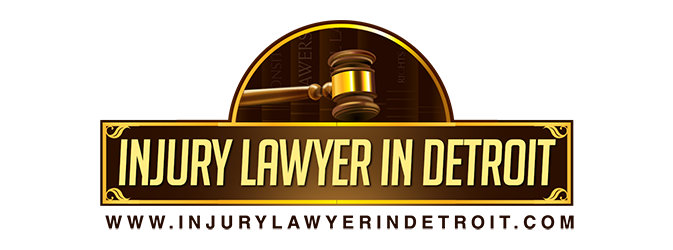Detroit Product Liability Lawyers
Product liability claims arise when a product fails to perform as expected or promised. Manufacturers and product providers have a duty to the consumer to ensure that their product will function in the manner that was intended. As a result, product liability covers areas for damages as a result of a breach of liability holding the provider or manufacturer to strict liability or liability due to negligence, or even liability as a result of a failed warranty.
Product liability cases cover a vast area of consumer products.
They include, but are not limited, to the following products and theories and their promised warranty where there a breach has occurred:

- Medical products (contraceptives, defibrillators, implants)
- Pharmaceutical Products
- Defective Design
- Defective Manufacturing
- Defective Marketing
- Failure to provide adequate warning
- Faulty instructions
- Defective Food Labels
- Defective Food Product Containers (lids on cups)
- Firearms
- Cosmetic Products
- Alcohol
- Tobacco
- Food Products
- Apparel
- Automotive
In general, product liability covers three main categories: design defect, manufacturing defect, and a failure to warn.
Common product liability claims include mechanical malfunctions for machinery, including vehicles, defective design that causes the product to be unreasonably dangerous for use, or a breach in express or implied warranty for a particular use, and can be caused by mere negligence or intentional misrepresentation on even fraud.
Design defects are defects that cause the product to become inherently dangerous to the consumer, although the consumer has a reasonable expectation that the product is safe for use. It is not that the product was not manufactured correctly, but that the design made has made the product unfit for use. Typically in this type of product liability claims, it is not just one item that is faulty, but rather an entire line of products that have been designed using the same requisites.
Manufacturing defects, on the other hand, are defects in which only one product may have been affected, although it is possible that an entire batch of products have been affected as well. A manufacturing defect occurs when a mistake was made either in the factory or between the factory and the place of sale. Depending on what type of defect it is, a lawyer will be able to ascertain which party, if not all parties involved, can be held liable for the resulting injury.
Finally, a party can be held liable for failure to warn the consumer of a danger or the proper way to use the product that is being marketed. This category also includes defective marketing techniques as well. For example, if a product is marketed to cure a specific condition, but fails to warn of any side effects or consequences as a result of its use, the marketer of the product, and perhaps even the manufacturer, can be held liable for “failing to warn” and/or “false marketing”.
If you feel you have suffered injuries as a result of a product, not related to your own specific failure to properly use the product, you may have a claim and obtain compensation for your injuries. You can get in contact with our Detroit injury lawyers to help you with your case.
Compensation in product liability cases falls within two categories.
The first is monetary damages and the second is punitive damages. The goal of monetary damages is to place the consumer back into the position they were prior to the use of the product and the injuries. As such, a judge awards a monetary amount to the victim of a product liability claim to help them recover any loss of monetary expenses they have suffered; for example payment for medical expenses. On the other hand, product liability claims give rise to punitive damages, which oftentimes is more serving to the public.
A judge would award punitive damages as a means of “punishment” for the responsible party to deter any future risk to the public. This is a more widespread serving type of damage and the amount of compensation is determined pursuant to the potential level of damage that could be caused and is usually applied in a manner of a fine.
